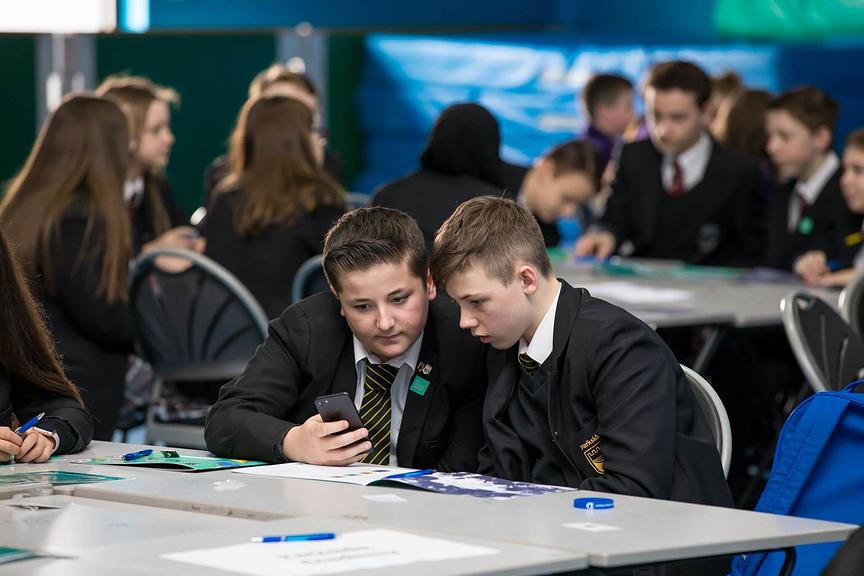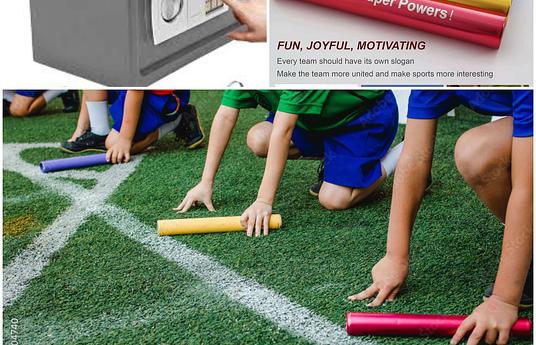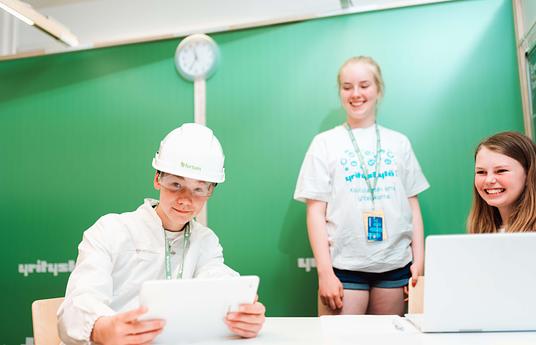Be Strong Onlineis a collection of peer-led digital resilience resources, made available by UK not-for-profit, The Diana Award. The Diana Award is proud to be the only charity set up in memory of Diana, Princess of Wales, and her belief that young people have the power to change the world.
Be Strong Online contains free resources covering digital issues like cyberbullying, social media, online privacy, selfies, gaming and much more! The resources help young people to become positive online citizens whilst delivering sessions to their peers to help them to safely explore the digital world.
They are available to download for free from our Be Strong Online platform and have so far been downloaded over 18,000 times by people all around the world! The majority of our resources are available in English; however, we have translated one of the modules, Selfies and Self-Esteem, into a further 5 languages.
These resources are designed to be delivered by young people for young people and will empower them to be positive online role models and to help their peers navigate the online world safely.
What's the need?
We know that there is a pressing need for online safety education programmes in schools. The Be Strong Online modules explore the positives and negatives of the online world, and how to cope with negative online situations.
Research illustrates the challenges faced by young people online, for example:
- More than a third of young people report being a victim of online bullying (Unicef) and this online bullying behaviour puts young people off using social media (Ofcom)
- The majority of young people who have been bullied think that it was because of others’ attitudes towards their appearance (Ditch the Label). 41% of girls aged 17-21 are not happy with the way they look (Girlguiding UK) and 1 in 6 girls have missed school or work as a result of worrying about their appearance (Plan UK)
- A quarter of 8-11s and 40% of 12-15s who use social media say they feel pressure to be popular on these sites or apps all or most of the time (Ofcom), and a fifth of young people who use social media have changed the way they look in an image before posting (The Diana Award)
- Children aged 8-15 are spending more than twice as much time online as they did a decade ago and 59% of internet users consider themselves ‘hooked’ on their device (Ofcom)
- 93% of children aged 10-15 play online games (ParentZone), and although they enjoy socialising through this unique form of play, it can be difficult to maintain positive social interactions online (Children's Commissioner)
- A quarter of 12-15 year-olds don't think about whether information on a new site is true or not, and social media is an important source of news for young people despite being ranked as less trustworthy (Ofcom)
- Although they face many online challenges, 61% of 12-15-year-old internet users do agree that the internet makes children’s lives better (Ofcom)
We use a peer-to-peer model
Be Strong Online uses a peer-to-peer model: this means that instead of adults teaching young people, it is young people who teach their peers (people in their school or youth group) by leading short digital skills and awareness sessions from our modules.
We recognise that young people are the best agents for change in their schools and communities, and are best placed to relate to one another and help their peers learn about the online world. Teachers, educators and youth group leaders can help enable this peer-led model by bringing together teams of young people and supporting their delivery efforts.
The peer-led approach and the content within the modules provides a framework that allows Be Strong Online to be scaled up, and have reach all over the world. As young people have the flexibility to adapt the sessions to suit the need of their own school and country, the intervention can be transferred across educational contexts.
There are 10 topics to choose from
With the help of a staff member or youth group leader, young people select one of our 10 modules that they want to deliver to their peers.
- Digital Detox
- My Digital Life
- Cyberbullying
- Digital Footprint
- Peer Pressure Online
- Selfies and Self-Esteem
- Critical Thinking Online
- Social Media
- Power of Play
- Coding and Creativity
After learning about the topic on the online platform and completing some practice training sessions, young people run short 20 minutes sessions with groups of their peers.
Each module follows this format:
- Intro
- Discussion about the topic (video)
- One 10 minute activity out of a choice of four
- Wrap-up, hand out follow-up activity sheet and info sheets for students and parents
This peer-led format means that, wherever in the world these resources are being used, young people feel empowered to talk with each other about the digital issues that matter to them most.
The Diana Award continues to provide these resources free to schools all around the world. With a renewed funding partnership, we would be able to grow the programme by translating even more modules into other languages and updating content to meet specific priority areas and accessibility requirements across a variety of educational settings.



